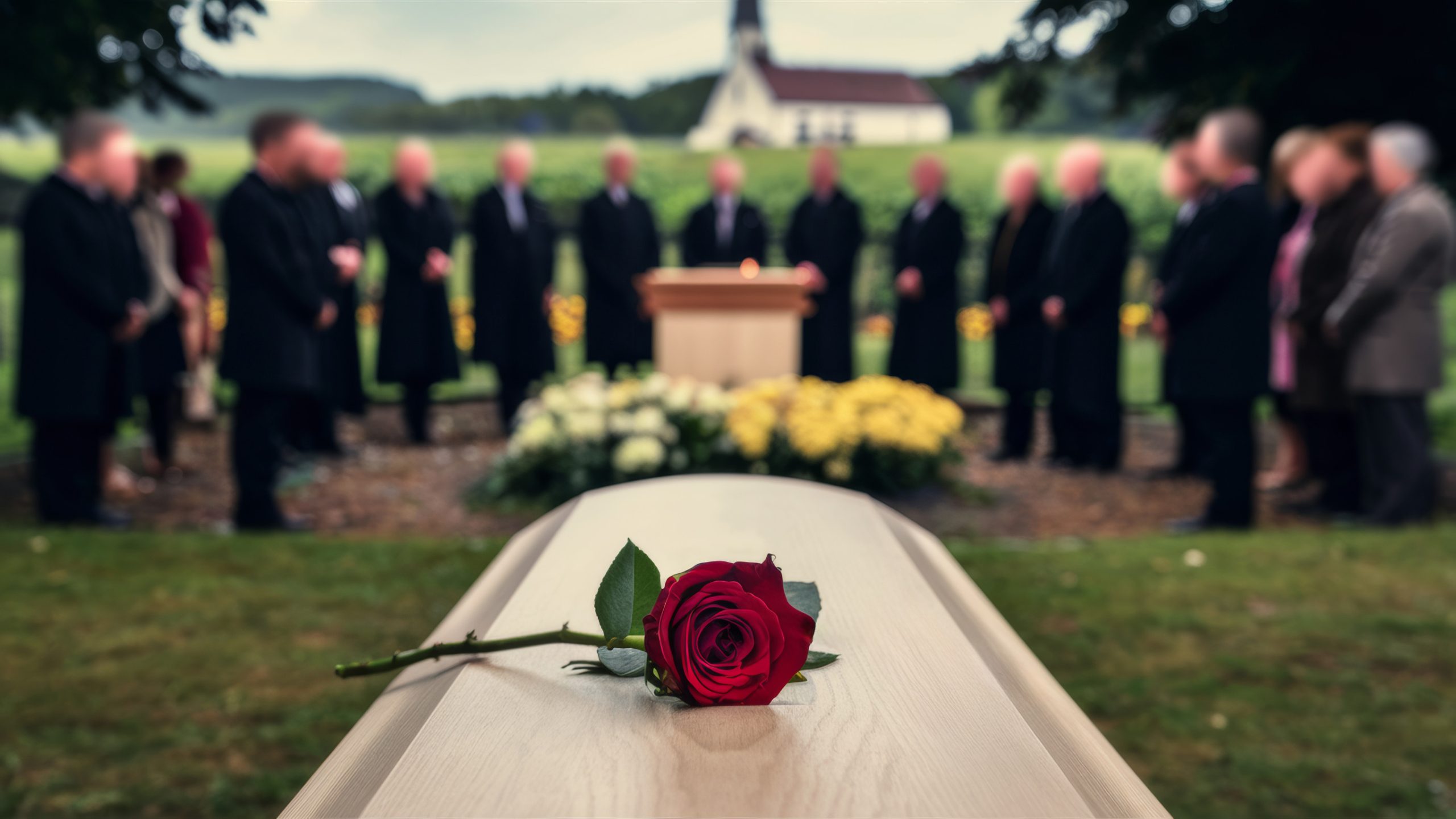Funerals are rarely part of anyone’s financial plan until it’s too late. Families walk into a funeral home expecting dignity, respect, and a reasonable bill, only to walk out with charges that rival a luxury vacation. The average funeral in the U.S. can cost more than ten thousand dollars, and that’s before extras sneak in. When grief collides with high-pressure sales tactics, saying “yes” to every offer feels easier than fighting through the fog of loss. The result is a bill that knocks the wind out of already fragile families.
The Price Tag of Tradition
For many families, funerals aren’t just ceremonies; they’re cultural obligations. Skipping the casket or choosing cremation over burial can feel like dishonoring generations of tradition. Funeral directors know this and position “standard” packages that appeal to emotional duty rather than actual need. Add in flowers, limousines, and catered gatherings, and the total skyrockets. Families end up paying for rituals that may not even reflect the wishes of the person who passed away.
The Funeral Home Upsell Trap
Behind the soft music and polished wood, funeral homes are businesses with quotas. Directors often present casket options starting at the most expensive, letting guilt guide decisions downward. A grieving family is less likely to argue over a five-thousand-dollar box when it’s framed as a “final gift” to a loved one. Vaults, liners, memorial books, and keepsakes add layers of cost no one expected. By the time families notice the creeping total, they’re too exhausted to resist.
Credit Cards, Loans, and Empty Savings Accounts
Because death comes without warning, many families simply aren’t financially prepared. That leads to maxed-out credit cards, personal loans, or raiding savings meant for rent, tuition, or retirement. Some even turn to crowdfunding in desperation, turning mourning into a public plea for help. The financial hit lingers long after the funeral flowers wilt. What feels like a temporary fix often drags families into years of debt.
The Pressure of “Doing It Right”
No one wants to look cheap when honoring someone they love. Families often overspend because they fear being judged for cutting corners. In that moment, extravagance feels like love expressed in dollars and marble. The idea of a “proper” funeral has been marketed so effectively that anything less feels like failure. This unspoken pressure pushes grieving households into financial chaos.
Hidden Costs That Keep Adding Up
The advertised price of a funeral almost never matches the final invoice. Transporting the body, death certificates, embalming, obituaries, and permits all pile onto the original quote. Even small items, like memory cards or guest books, are priced far above retail value. Families often approve each expense individually, not realizing how quickly the numbers add up. By the time the balance is revealed, it’s already too late to backtrack.
The Geography of Grief
Funeral costs vary wildly depending on location. A service in a small town might be half the price of the same arrangements in a major city. Urban funeral homes pay higher overhead, and those expenses trickle straight down to grieving families. In some places, cemetery plots alone cost more than a new car. Geography dictates affordability, and not every family has the luxury of choosing where a loved one rests.
The Business of Mourning
Funerals are often framed as sacred, but they’re also an industry worth billions. Like weddings, the emotional weight makes people spend more than they ever intended. Vendors know timing is on their side—families have days, not months, to make expensive decisions. Transparency is rarely the priority, because confusion benefits the seller. Mourning, in many ways, has been monetized.
Alternatives Families Rarely Hear About
There are lower-cost options available, but they’re often buried under tradition and sales pitches. Direct cremation, eco-friendly burials, and at-home memorials can honor loved ones at a fraction of the cost. Many families simply don’t know these paths exist or feel guilty considering them. Education around choices is often missing, leaving people to default to the most expensive option. Breaking that cycle requires open conversations before loss strikes.
Breaking the Cycle of Debt and Grief
Funerals are meant to provide closure, not financial devastation. Yet too many families find themselves drowning in debt after one of life’s hardest moments. Transparency, planning, and honesty about alternatives can change the script. Talking about final wishes before it’s necessary may feel uncomfortable, but it saves heartbreak and hardship later.
What are your thoughts on this issue—should funerals be treated as sacred tradition, business, or both?
You May Also Like…
- Why Are Funeral Homes Charging New “Convenience Fees” to Families
- 7 Funeral Expense Plans Women Never Realized Could Be Debt Traps
- Why That Prepaid Funeral Plan Might Not Guarantee a Plot
- 8 Estate Planning Habits That Can Spark Family Lawsuits
- 9 Everyday Items That Cost Poorer Families More Than the Wealthy


